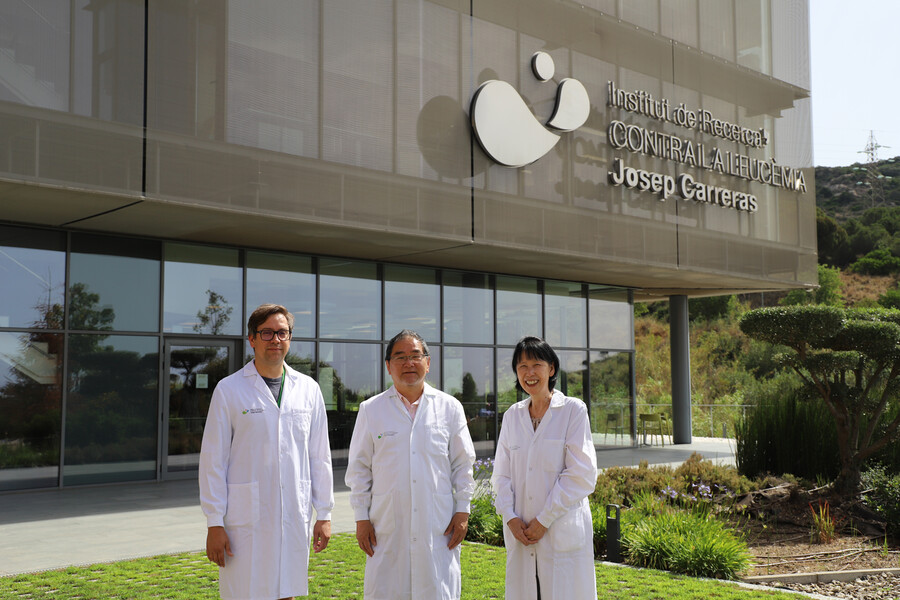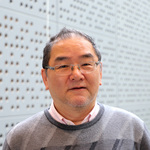
Introduction
The ABO blood group system is one of the most important blood group systems in transfusion medicine. The ABO polymorphism consists of A and B glycan antigens on red blood cells (RBC) and antibodies against A and B antigens in the sera of individuals who do not express these antigens. In humans, A and B antigens are also present on epithelial and endothelial cells, depending on the ABO genotype/phenotype of the individual. Because of this, ABO matching is also crucial in cell, tissue and organ transplantation.
Our Research
We study the molecular genetic mechanisms for the expression of genetically incompatible glycan antigens and have thus far revealed several potential mechanisms, including the appearance of FORS1 induced by the deletion of exon 3 or 4 of the AT mRNA. Because altered splicing is a hallmark of cancer, this mechanism may be responsible, at least partially, for FORS1 expression in group A and AB individuals. We also investigate the potential mechanism by which incompatible A antigens appear in group O individuals through complementation by recombination of DNA or trans-splicing of RNA and also expression of FORS1 due to changes in specificity resulting from incorrect intra-Golgi localization of modified glycosyltransferases.
Our Goals
Cancer growth indicates that the cancer cell-killing activities of natural immunity against genetically incompatible and/or cryptic glycans are ineffective and insufficient. However, they can be improved through active and/or passive immunization. Therefore, our goals are: 1. To investigate the use of genetically incompatible and/or cryptic glycan antigens as molecular targets for medical intervention. 2. To explore the possibility of using forced expression of genetically incompatible glycans to make cancer cells susceptible to natural immunity.
Our Challenges
If successful, the active immunization we advocate for could revolutionize the cancer treatment landscape, thereby dramatically reducing the financial burdens on patients and society. Through our research, we aim to answer the following questions:
- What is the molecular genetic/epigenetic basis of glycan alterations in cancer?
- Can we use cancer-specific glycans as molecular targets for cancer detection and immunotherapy?
- Does the minitransfusion/injection of mismatched red blood cells expressing genetically incompatible and/or cryptic glycans improve humoural and cellular immunity against cancer cells expressing cancer-specific glycans?


